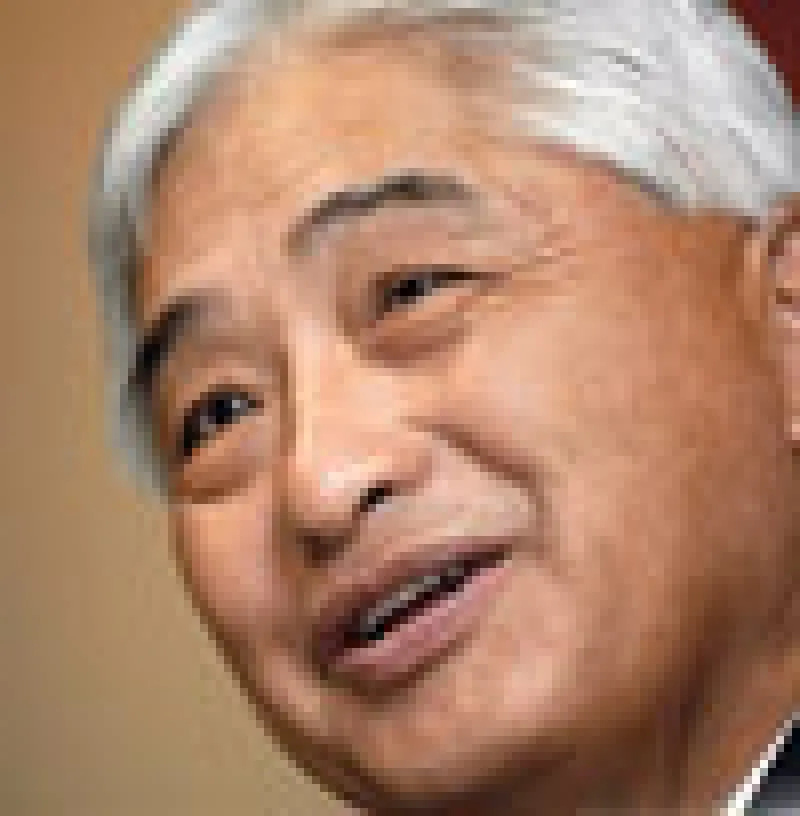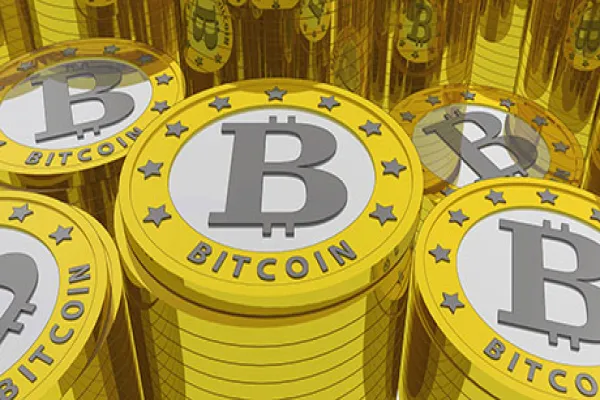An unauthorized currency bet that could cost Hong Kong–listed Citic Pacific HK$15.5 billion ($2 billion) in trading losses has triggered a crackdown on “red capitalists,” the sons and daughters of senior Communist Party officials who took over the reins of many of China’s leading government-run businesses in the early 1990s. “Many state-owned enterprises have operated as independent fiefdoms — the head doesn’t know what its arms are doing,” says Beijing-based Laurence Brahm, an adviser on reforming state-owned companies. “It’s the beginning of the end of red capitalism as we know it.”
Citic Pacific, a subsidiary of China’s largest state-owned investment group, China International Trust and Investment Corp., shocked shareholders, government regulators and market watchers alike when it announced on October 20 that an unsanctioned one-way wager on the exchange rate between the Australian dollar and U.S. dollar could spark deep losses. Chairman Larry Yung, 66 — one of China’s most powerful red capitalists and the son of former Chinese vice president Rong Yiren, who founded the parent company in 1979 — declined to comment.
Citic Pacific, which invests in steel plants, real estate and airlines, bought currency contracts to fund a A$1.6 billion ($1.1 billion) iron ore mine in Australia. Over the past six months, Citic Pacific traders made bets through special derivatives contracts that the Australian dollar would rise, and those bets generated huge losses when global deleveraging sent the currency plunging 30 percent against the U.S. dollar. The company didn’t disclose the losses until six weeks after it discovered them and after Citic Pacific had secured a $1.5 billion loan from its parent to cope with the damage.
At that time the company also announced that it had accepted the resignations of financial director Leslie Chang and financial controller Chau Chi Yin, saying in a statement that the two lacked a proper understanding of the financial instruments. They could not be reached for comment. Yung’s daughter, Frances, 36, a director of group finance was demoted and transferred to another department. Officials did not explain her new role. “I don’t think it’ll end up with just two firings,” says Citigroup analyst Anil Daswani, who downgraded the company’s shares to sell and cut his target price to HK$6.66 a share, from a previous target of HK$28. “There will be question marks over the management’s ability to execute given the huge magnitude of this error.”
Shares plunged 55 percent on October 21 alone, wiping out HK$17.5 billion in market value and shaving HK$3.3 billion off the value of Larry Yung’s 19 percent stake. By November 3 they had hit HK$6.06, down 58 percent since the news broke.
Shareholders were furious. “It cannot have taken six weeks to understand the basic financial parameters of the contracts the company had signed,” says Hong Kong–based shareholder activist David Webb.
Chinese officials don’t yet know how many similar financial time bombs could be waiting to go off in other companies, but in the meantime they are conducting audits of large state-run businesses and ramping up oversight. It’s not clear how tighter controls will affect China’s corporate bosses, but a senior executive with a European bank, who is the daughter of a senior Party member and who spoke on condition of anonymity, said government officials have ordered Chinese banks to put foreign acquisition plans on hold until the dust settles. For Yung — China’s fifth-richest man, with an estimated worth of $3.7 billion, according to Shanghai-based Hurun Report — and other red capitalists, it seems the freewheeling days have come to an end.






